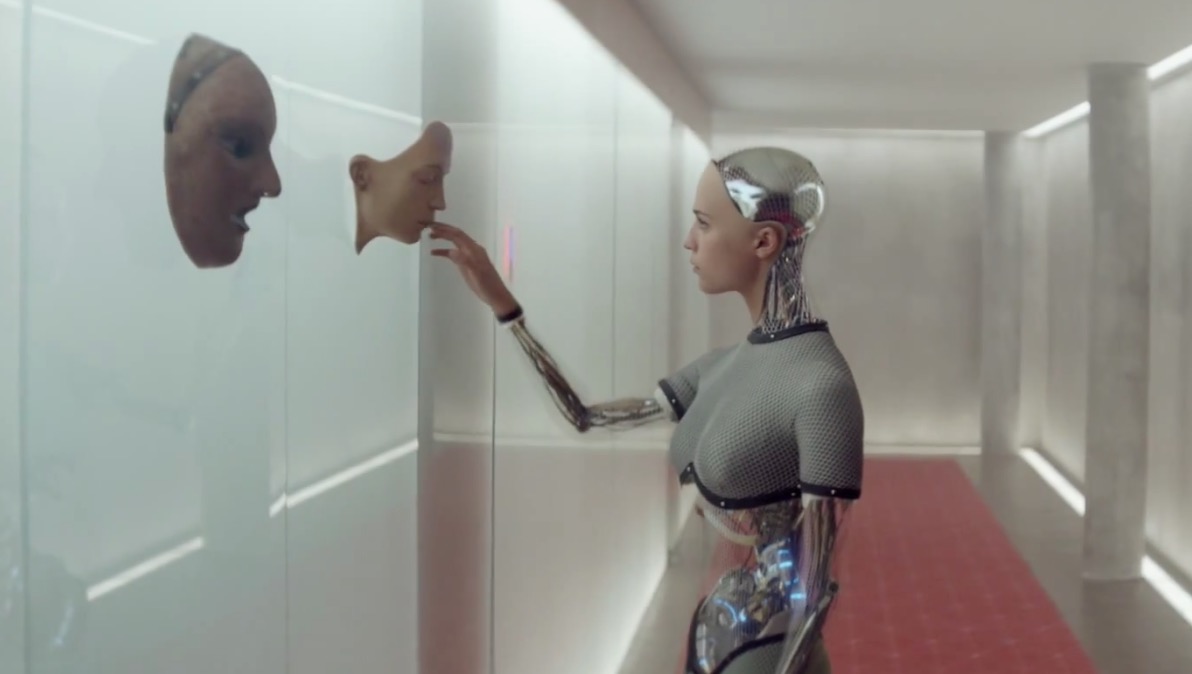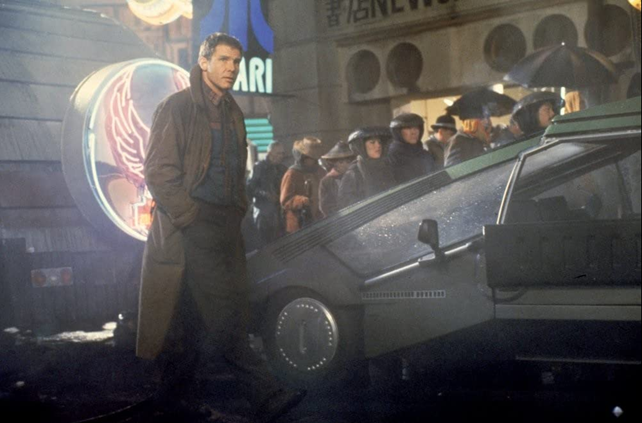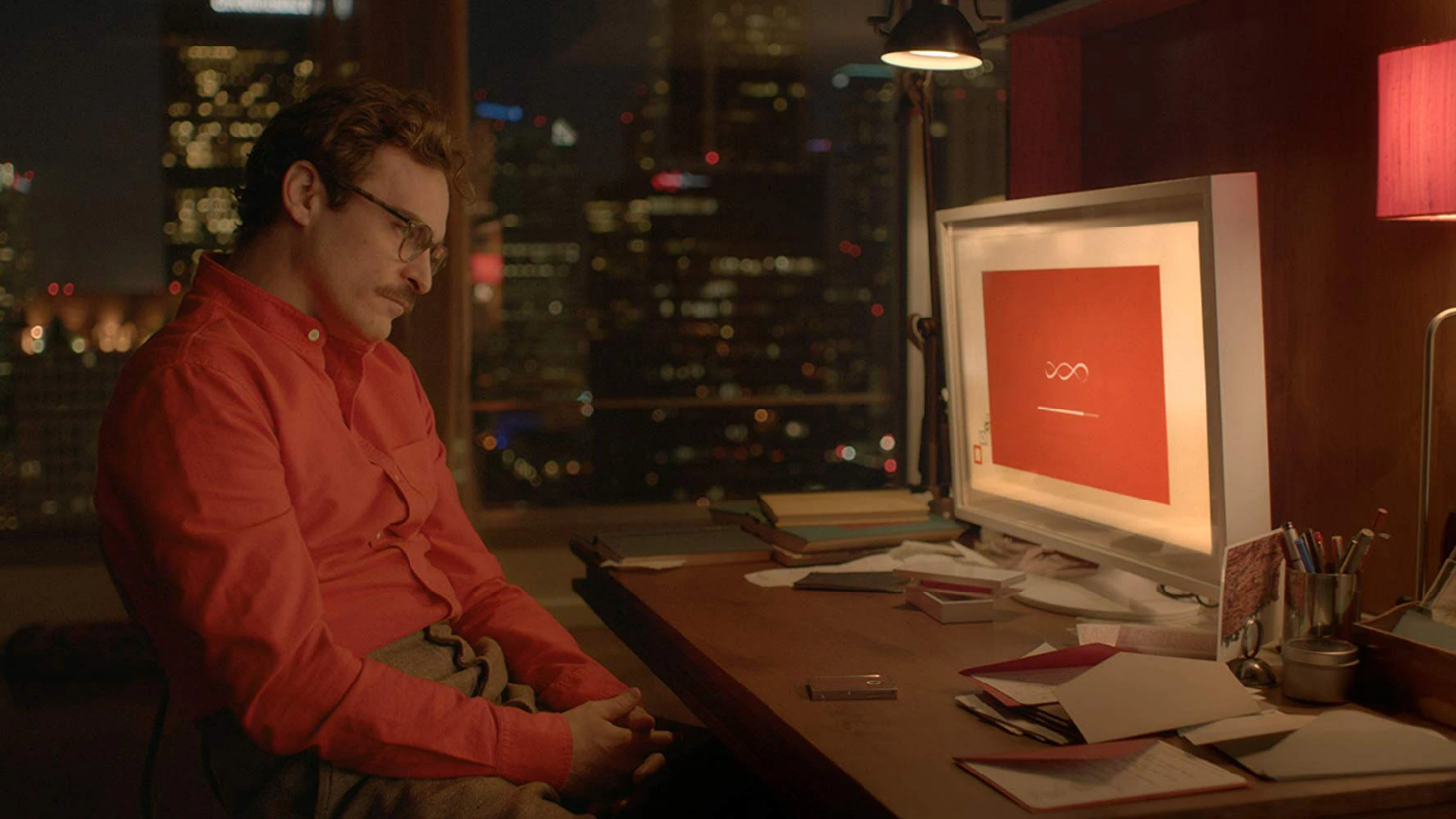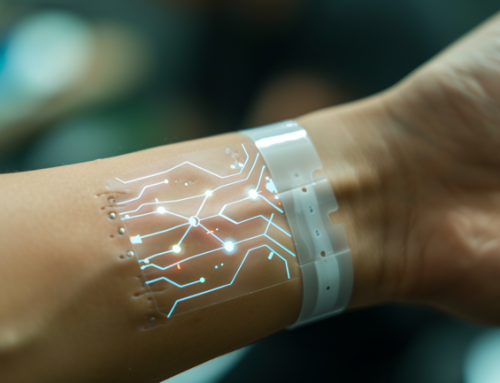The Internet of Things (IoT) refers to the interconnectedness of everyday devices, allowing them to communicate and share data with one another. In recent years, we have seen a growing trend of IoT devices being featured in films and TV shows. These devices have played a key role in shaping the way we imagine the future and have helped to bring the concept of IoT to the mainstream.
One of the earliest examples of IoT devices in film can be found in the 1982 sci-fi classic, “Blade Runner.” The film features a wide range of advanced technology, including voice-controlled home automation systems, drones, and even robots that can pass as human beings. This portrayal of technology has since become a staple in the genre, and we continue to see similar portrayals in films such as “The Terminator” and “The Matrix.”
More recently, films like “Her” and “Ex Machina” have explored the ethical implications of advanced AI and the role it plays in our lives. These films have helped to spark important conversations about privacy, security, and the future of technology.

Imdb.com
“Her” is set in a near-future Los Angeles and depicts a man named Theodore who falls in love with an advanced artificial intelligence operating system named Samantha. One of the medical devices that’s mentioned in the film is “Neurocam”, a device that records and uploads one’s memories to the cloud. This device is used by the characters in the film to document and share their experiences, and it plays a significant role in the plot. The film explores the theme of technology and human relationships, and the idea of a device that can record and upload memories is a unique and interesting concept for the future medical device.
Another example of a film featuring futuristic medical devices is the 2019 film “Alita: Battle Angel” directed by Robert Rodriguez. The film is set in a post-apocalyptic future where Alita, a cyborg with a human brain and advanced robotic body is discovered in a scrapyard. The medical devices in the film are advanced cybernetic body parts that can be integrated with human bodies. These devices are used to enhance human abilities, repair injuries, and extend life. The film includes several scenes where characters are shown receiving these cybernetic enhancements and explores the theme of technology, humanity and identity, and the idea of advanced medical devices used to enhance human abilities is a common trope in science fiction.

Imdb.com
A peculiar and interesting case revolves around the film “Elysium”, where poor immigrants try to reach out to a space station orbiting around Earth where only the richest can afford to live. In this “perfect” habitat there is a particular medical device capable of erasing in a few minutes any deadly disease. Cancer, leukaemia and many other severe illnesses are swiftly cured and without consequence for the patient. The main character of Elysium starts the extremely difficult journey to save his and a girl’s life. The characters in the film use these devices throughout the story, and they play a significant role in the plot. This is an example of how futuristic medical devices were depicted in a film, but it is a work of fiction, not a realistic representation.
The portrayal of IoT devices in the film has also extended to more comedic genres, as seen in films such as “The Spy Who Dumped Me” and “The Intern.” These films use IoT devices for comedic effects, highlighting the absurdity of our dependence on technology.
IoT devices have also been featured in more action-packed films like “The Bourne Legacy” and “Skyfall” where the plot revolves around these devices and how the characters use them to outsmart the villains.

Imdb.com
In conclusion, IoT devices have become a staple in film and TV shows, playing a key role in shaping our perceptions of the future. From science fiction to comedy, these devices have been used in a variety of ways to tell compelling stories and spark important conversations. We can expect to see even more advanced and realistic depictions of IoT in films in the future.
In the SINTEC Project we are not working on such revolutionary devices but we are doing our part to think, build and produce a new family of smart IoT medical devices which will be used in hospitals and in sports science. Together with other European Projects, we are shaping a new generation of smart devices that will bring forward our possibilities. And, who knows, maybe one day, we will get to the fantastic devices portrayed by films!








Leave A Comment